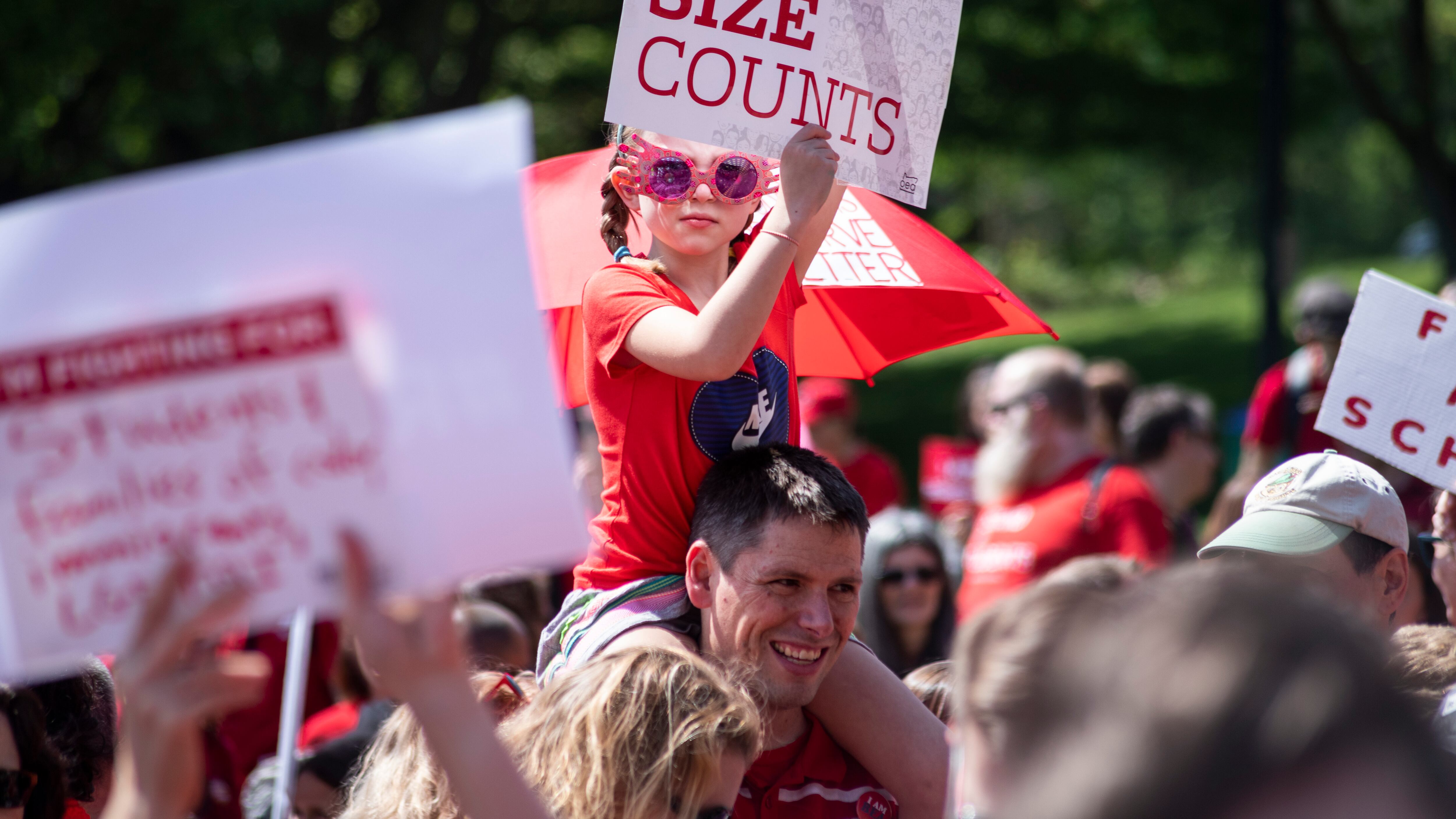When Republican senators returned from a June walkout that delayed the Oregon Legislature, Democrats pushed through an astonishing array of policy agenda items.
Republicans successfully blocked House Bill 2020, the carbon cap-and-trade bill, but they lost on what were probably the most significant and successful end-of-session bills: the ones that would make it more difficult for the opponents of a $1 billion corporate tax increase to refer the bill to voters.
"Perhaps they didn't recognize the magnitude of the changes," Shaun Jillions, executive director of Oregon Manufacturers & Commerce, the group leading the charge to refer the bill, tells WW.
Today, the opponents of the tax hike pulled the plug on their current effort to refer the bill, citing the Democratic legislative maneuvers. (But they did not rule out an initiative petition that might go on the ballot after the tax is already in place.)
Oregon Manufacturers & Commerce, the lead opposition group, sent out an email to supporters this afternoon complaining about the tactics Democrats used to block their referral effort.
"We're extremely disappointed that lawmakers went to such great lengths to hamstring our referral efforts, but the reality is that they have rigged the system so far in their favor that our chances of success at this point are very remote," the email says.
OMC said the referral of House Bill 3427, the original $1 billion tax bill, would have to go to the ballot in January 2020 and the ballot title would be written by a committee of led by Democrats, who supported the bill. (That's similar to the tactics used against the Republican efforts to repeal the Medicaid funding bill last year. Measure 101 failed at the ballot in a January special election.)
But it was another series of changes at the end of session, including those made in House Bill 2164, the so-called "fix-it" bill for 3427 that made technical and political changes to HB 3427, that proved too formidable for the opponents to challenge.
The ultimate reason why the group ended their referral effort? The opponents say they determined they would have to run two separate referral campaigns—the one to strip HB 3427 of key corporate tax provisions they opposed, and then another one against HB 2164, on a separate date.
"Here's the kicker: the referral of HB 2164 would appear on the November 2020 ballot while the referral of HB 3427 would appear on the January 2020 ballot, meaning we would have to run two successful campaigns in the same year to overturn the gross receipts tax," the statement from the Oregon Manufacturers & Commerce says.

